June 9, 2025 | 03:00 GMT +7
June 9, 2025 | 03:00 GMT +7
Hotline: 0913.378.918
June 9, 2025 | 03:00 GMT +7
Hotline: 0913.378.918
Tra Vinh University, in collaboration with Foreign Trade University and the Vietnam Science Forum on Climate Change and Sustainable Development (VSF-CCSD), organized the first international scientific workshop on carbon credit in Vietnam on March 28. The event saw the participation of various domestic and international scientists and experts, both online and in-person.
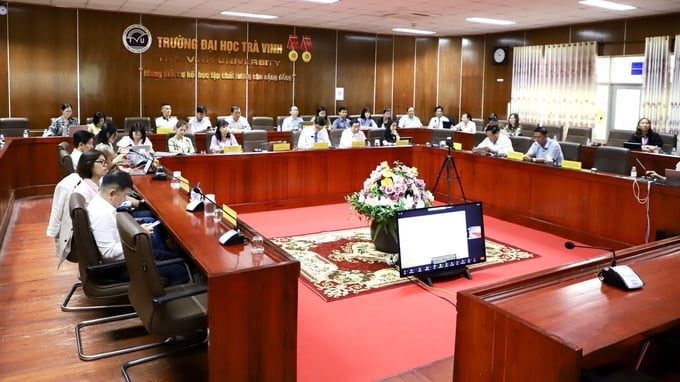
Experts discussed their knowledge and experiences with carbon management and the global carbon market system throughout the course of the workshop. Photo: Thanh Son - Minh Dam.
The scientific workshop on the carbon credit market and sustainable development in Vietnam was set against the backdrop of Vietnam's emerging carbon credit market. Moreover, the rapid growth of the carbon credit market in various countries around the world presents significant challenges for Vietnam in terms of competition within the global carbon credit market.
Assoc. Prof. Dr. Diep Thanh Tung, Vice Principal of Tra Vinh University, stated: "Although we come from different regions around the world, we share a common concern about climate change."
The global demand for carbon credits has exhibited a steady rise within the last few years, resulting in the formation and strong development of its market. Notably, the development of the carbon credit market offers Vietnam an opportunity to fulfill its commitments to reducing carbon emissions. However, the effective operation of this market presents various challengs in terms of legal frameworks, technical standards, and communication efforts.

Assoc. Prof. Dr. Diep Thanh Tung, Vice Principal of Tra Vinh University, stated: "The global demand for carbon credits has exhibited a steady rise within the last few years, resulting in the formation and strong development of its market. " Photo: Thanh Son - Minh Dam.
"Vietnam and Vietnamese businesses will utilize opportunities from the carbon credit market, with a focus on Vietnam's strong commitment to drastically reduce emissions towards Net Zero carbon by 2050, which is the current global trend. We expect the workshop to foster discussions and effective measures in achieve promoting carbon credits and driving sustainable development towards the goal of Net Zero carbon," emphasized Assoc. Prof. Dr. Diep Thanh Tung.
The workshop provides a comprehensive overview of the symbiotic relationship between renewable energy initiatives and the developing carbon market in Vietnam until 2030, with a vision towards 2050. Additionally, the workshop focuses on the national journey towards sustainable development by thoroughly examining national and international policies, including the Kyoto Protocol and the Paris Agreement, as well as studying the necessary institutional frameworks to effectively participate in the carbon credit market.
Featuring 16 different themes on research analysis and the disclosure of carbon emission reduction measures, the workshop emphasizes Vietnam's potential in carbon credit production, as well as provides initiatives and encourages active participation in the voluntary carbon market in Vietnam.
Experts discussed their knowledge and experiences with carbon management and the global carbon market system throughout the course of the workshop. Additionally, participants analyzed the challenges and opportunities that businesses face when implementing emission reduction measures and participating in the carbon market. The workshop also hosted discussions on trending approaches, potentials, and challenges facing the carbon credit market in Vietnam.
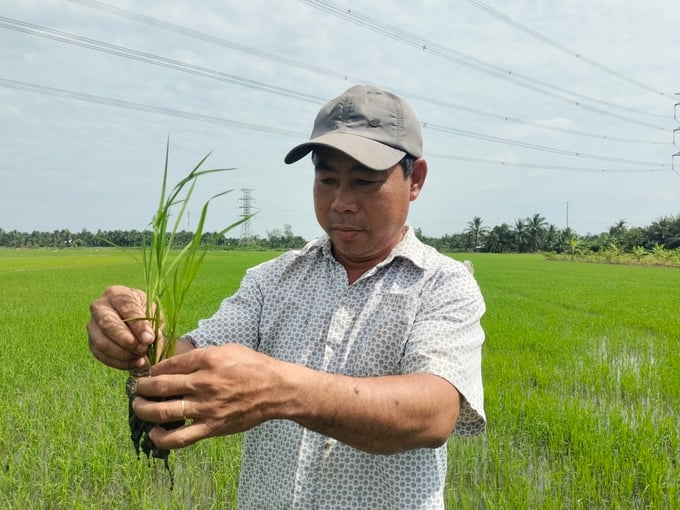
The concept of carbon credit was created with aim of providing financial incentives to reduce greenhouse gas emissions and promote sustainable development. Photo: Minh Dam.
Participants of the workshop aims to establish Vietnam as a significant contributor to promoting practical sustainable development, technology transfer, and international cooperation, with a reinforced position in the global transition to a low-carbon economy.
The concept of carbon credit was created with aim of providing financial incentives to reduce greenhouse gas emissions and promote sustainable development. Individuals, companies, and governments can purchase carbon credits to offset their greenhouse gas emissions, or sell them for financial gain.
Carbon credits were first introduced in the Kyoto Protocol in 1997 and became effective in 2005. Subsequently, the global carbon credit market has grown rapidly, with a total value of 3 billion USD in 2020.
With the aim of achieving the national climate change strategy by 2050, and utilizing the financial advantages of the global carbon credit market for sustainable national development, Vietnam has been working towards building a national carbon credit market by 2025, with the aim of exporting carbon credits by 2027.
According to recent reports, India and China are the two largest sellers of carbon credits. Vietnam is currently in possession of approximately 57 million carbon credits, which is equivalent to 52 million tons of CO2, which can be sold to international organizations.
Translated by Nguyen Hai Long

(VAN) Vietnam and the United States are proactively working together, each in their own way, to ensure that every container of agricultural goods carries not just products, but also long-term trust and value.

(VAN) Stores have started selling rice from the government’s stockpile to feed demand for the staple.
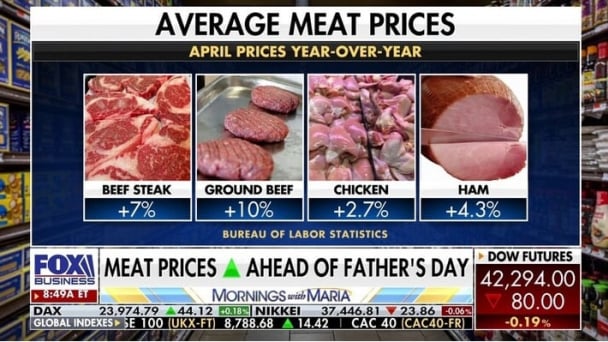
(VAN) Omaha Steaks CEO says rebuilding cattle herds will take about a year to ease price pressures.

(VAN) Reciprocal tariffs and recent NOAA rulings are presenting substantial obstacles for Vietnamese tuna exporters in the U.S. market. As a result, the industry is actively seeking alternative export destinations.
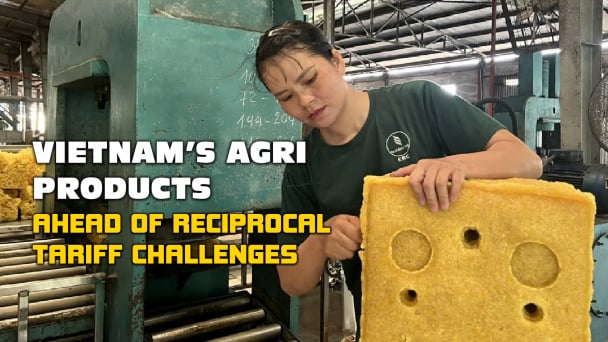
(VAN) Although the U.S. holds a small share of Vietnam’s rubber exports, newly imposed reciprocal tariffs are expected to impact the sector. Vietnamese enterprises must optimize the use of significant markets and free trade agreements.
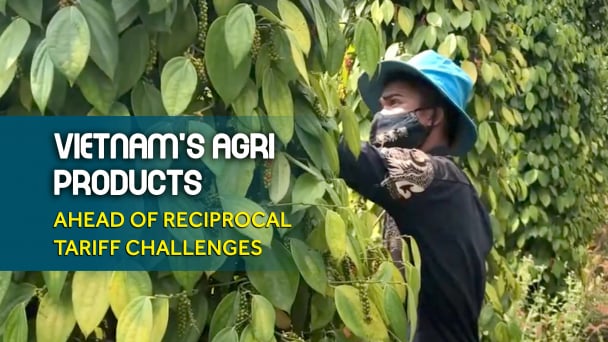
(VAN) Vietnam's pepper industry is looking forward to the final tariff decision in order to sustain its robust presence in the United States, the country's biggest pepper market.

(VAN) The U.S. is the largest market for Vietnamese cashew nuts. However, when exports to the U.S. encounter difficulties due to reciprocal tariffs, Vietnamese cashews still have many other potential markets.